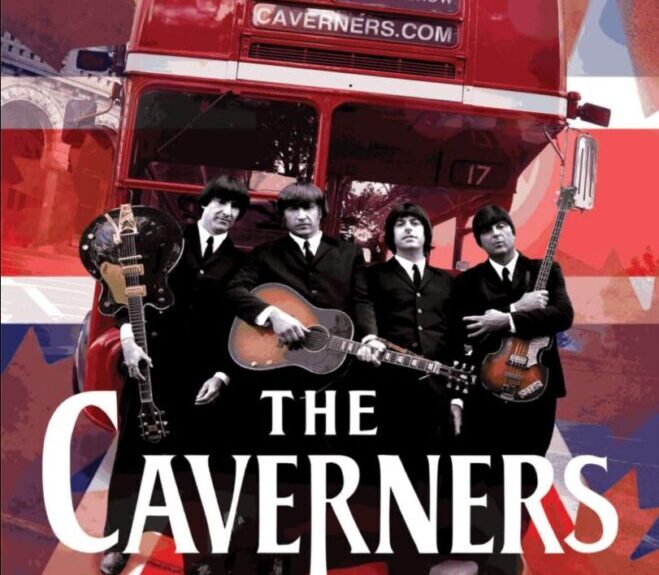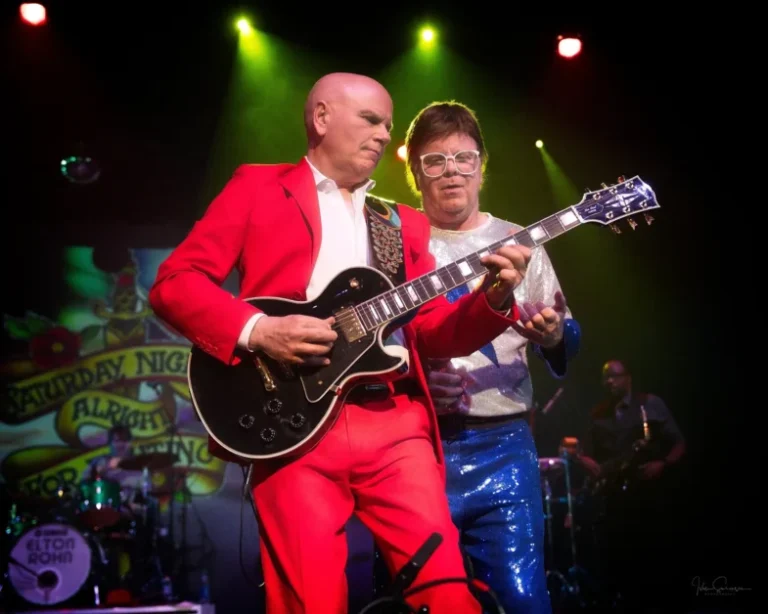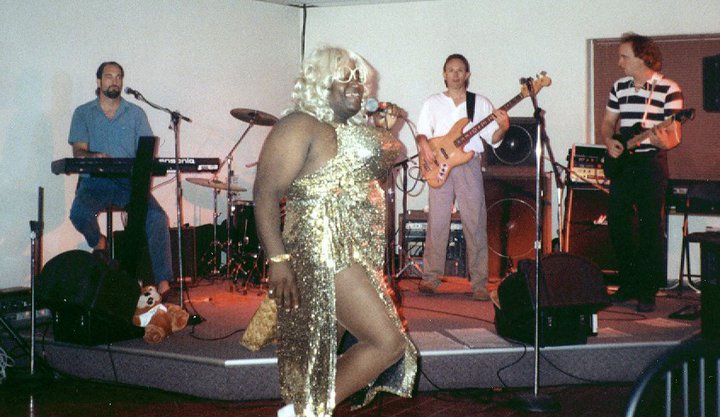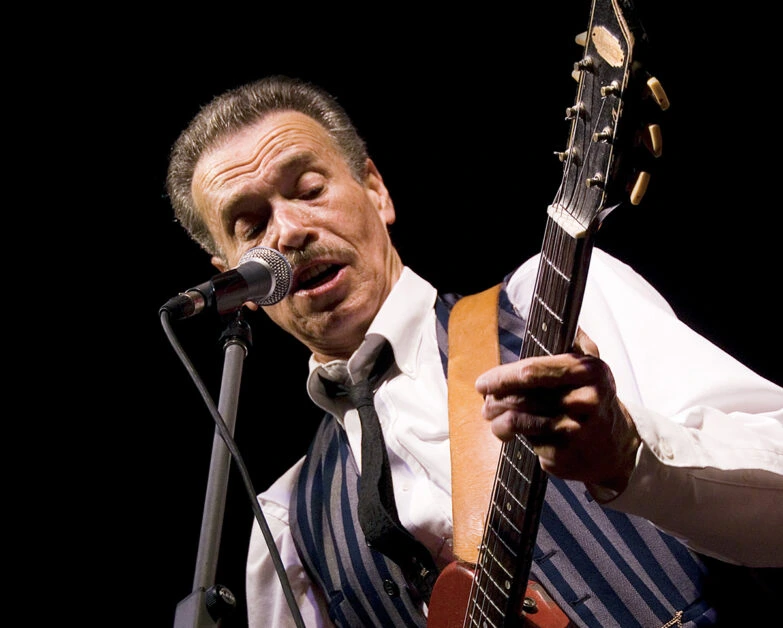The Rise of Live Tribute Acts: A Double-Edged Sword for the Music Industry
In recent years, live tribute acts have exploded in popularity, filling venues with nostalgic performances that celebrate the music of legendary artists. From Beatles cover bands to tributes honoring Queen, Fleetwood Mac, and even modern icons like Adele, these shows let fans relive the magic of their favorite musicians. But as the demand for tribute acts grows, it raises important questions about their impact on the music industry—especially on emerging artists trying to make space for original music. Let’s break down the pros and cons of this trend and explore how it affects new talent.
Why Live Tribute Acts Are Thriving
1. Keeping Musical Legacies Alive
Tribute acts play a vital role in preserving the music of iconic artists, especially those who no longer tour or have passed away. For younger generations, these performances can serve as an introduction to timeless classics, ensuring legendary songs continue to resonate across decades.
2. Affordable Live Music Experiences
Not everyone can afford to see global superstars in stadiums or arenas, and some artists no longer perform live. Tribute acts offer a more affordable and accessible way for fans to experience the music they love in a live setting, often in smaller, more intimate venues.
3. A Stepping Stone for Musicians
For many artists, joining a tribute act is a practical way to hone their craft, gain stage experience, and earn a steady income. It’s a valuable opportunity to connect with audiences and build a fanbase before transitioning to original music.
4. Nostalgia Sells
Nostalgia is a powerful force. Tribute acts tap into the emotional connection people have with the music of their youth, creating a sense of community and shared joy. This can breathe life into local music scenes and keep venues bustling.
The Downsides of the Tribute Act Boom
1. Crowding Out Original Artists
As tribute acts dominate venues and festival lineups, there’s less room for new, original artists to showcase their work. This makes it harder for emerging musicians to secure gigs, build audiences, and gain the exposure they need to succeed.
2. Risk of Stagnation in the Industry
While tribute acts celebrate the past, an overemphasis on nostalgia can stifle innovation. If audiences and promoters prioritize familiar sounds over fresh ideas, the music industry risks becoming stagnant, with fewer opportunities for groundbreaking artists to emerge.
3. Financial Disparities
Tribute acts often draw larger crowds than unknown original acts, making them a safer bet for venue owners and promoters. This creates a financial imbalance, where tribute acts thrive while original artists struggle to find support and funding.
4. The “Cover Band” Stigma
For musicians, being part of a tribute act can sometimes pigeonhole them as “cover artists,” making it harder to be taken seriously when they eventually pursue original projects. Breaking away from the tribute act label can be a challenging uphill battle.
Cover Band vs. Tribute Band: What’s the Difference?
While the terms “cover band” and “tribute band” are often used interchangeably, there’s a key distinction between the two:
Cover Bands: These groups perform songs by a variety of artists, often spanning multiple genres and eras. For example, a cover band might play a setlist that includes hits from The Rolling Stones, Beyoncé, and Ed Sheeran. Their goal is to entertain with familiar songs, but they don’t necessarily aim to replicate the look, sound, or persona of the original artists.
Tribute Bands: Tribute acts focus exclusively on one artist or band, meticulously recreating their music, stage presence, and even costumes. For instance, a Queen tribute band like *Almost Queen* or *The Bohemians* will dress like Freddie Mercury and Brian May, use similar instruments, and aim to deliver an experience that feels as close to the real thing as possible.
The key difference lies in the level of dedication to authenticity. Cover bands offer a broader musical experience, while tribute bands are all about honoring a specific artist or band with precision and flair.
How Tribute Acts Affect New Original Music
The rise of tribute acts isn’t inherently bad for original music, but it does highlight a growing tension between celebrating the past and nurturing the future. Emerging artists already face challenges like streaming economics, social media algorithms, and an oversaturated market. The popularity of tribute acts adds another layer of competition, making it even harder for new voices to be heard.
That said, there’s a silver lining. Tribute acts can inspire original artists to study the craftsmanship of legendary musicians, learning what made those songs timeless in the first place. Additionally, some tribute acts have successfully parlayed their popularity into support for original projects, using their fanbase as a springboard for new music.
Striking a Balance for the Future
The key lies in finding a balance. Venues and promoters can play a crucial role by dedicating more resources to supporting original acts, perhaps by pairing them with tribute acts on lineups or creating dedicated nights for emerging artists. Fans, too, can make a difference by seeking out and supporting new music alongside their favorite tribute performances.
Ultimately, tribute acts and original music don’t have to be at odds. Both have a place in the rich tapestry of the music industry. But as we celebrate the past, let’s not forget to invest in the future—because today’s original artists are tomorrow’s legends.











Awesome article Joe!!
Thanks Steve…..